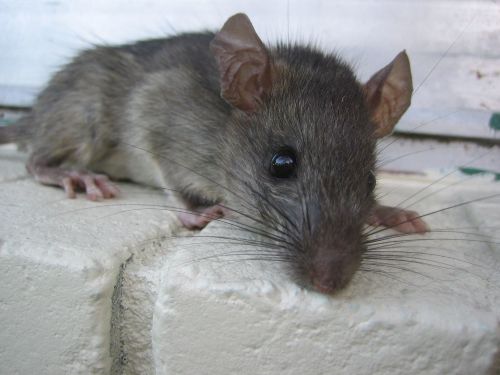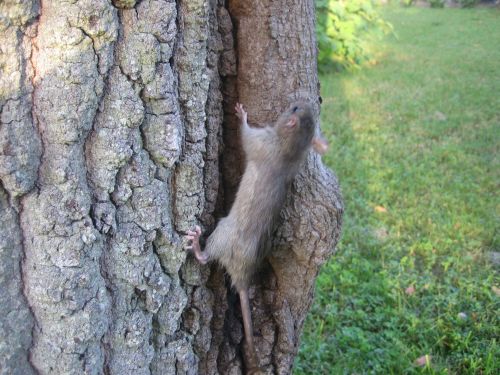Snow Leopard Trust's helpline help snow leopards in northern India
Posted on
The Snow Leopard Trust has set up a telephone hotline service in northern India.
It’s a line local communities can call if they need help managing problems with snow leopards.
They’ve had a number of calls already, including an important call from a village called Gue.
There had been five snow leopard attacks there in one week, resulting in the loss of 76 goats. This was a terrible blow to the community of Gue – and of course to the goats.
The Snow Leopard Trust’s field team were able to get permission to travel to Gue, where they assessed the situation and then shipped materials so that the most vulnerable corrals could be reinforced.
They returned again to predator-proof ten corrals.
The idea behind the corrals is that they secure livestock at night, locked away safely from predators such as snow leopards. They also create more interest in the Trust’s conservation work and enhance tolerance of snow leopards.
And here are ways to get involved and help.
The Trust is celebrating its 40th anniversary this year.

